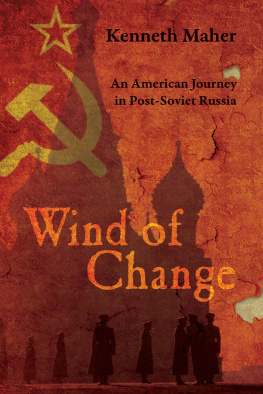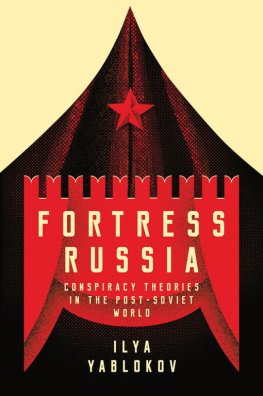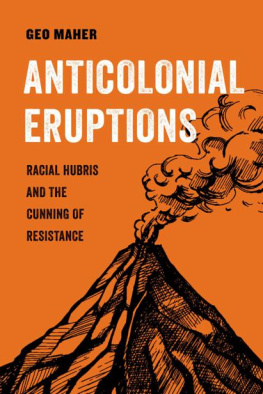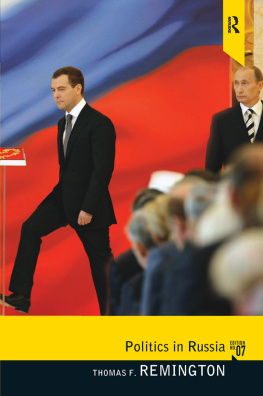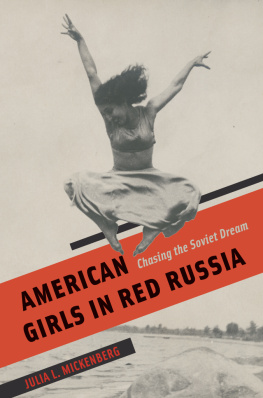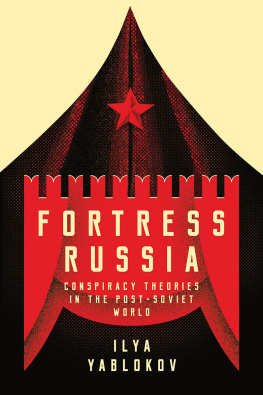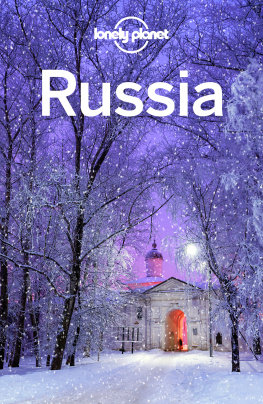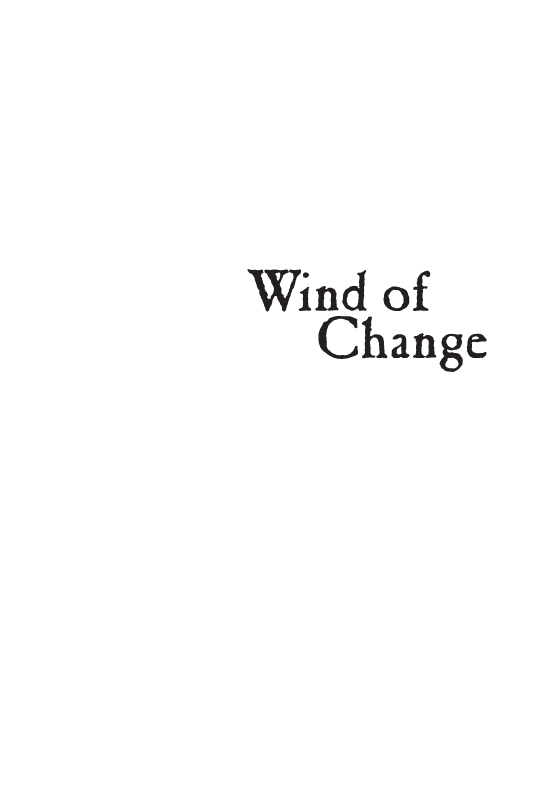
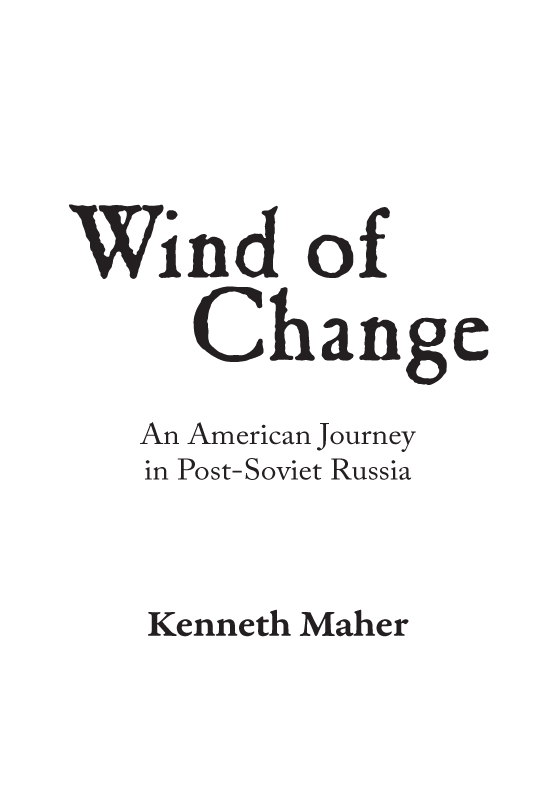

Charleston, SC
www.PalmettoPublishing.com
Wind of Change
Copyright 2022 by Kenneth Maher
All rights reserved.
No portion of this book may be reproduced, stored in a retrieval system, or transmitted in
any form by any meanselectronic, mechanical, photocopy, recording, or otherexcept for
brief quotations in printed reviews, without prior permission of the author.
First Edition
Hardback ISBN: 979-8-88590-688-3
Paperback ISBN: 979-8-88590-689-0
eBook ISBN: 979-8-8229-0399-9
Table of Contents
THE SOVIET UNION HAD DISSOLVED a year earlier, and I had received my masters degree in Russian Area Studies. Like many young Americans at the time, my only contact with actual Russians was through my professors or the few Russian exchange students fortunate enough to study in the United States during the perestroika period. For someone with my background in the late 1980s, the usual pathway was teaching Russian or perhaps working for the U.S. government. I had explored those options but found little attraction. Unfortunately, work opportunities outside of those areas were minimal.
In the summer of 1992, I found myself working a menial job in a local pharmacy in Chicago, where I had moved to accompany my future wife, who was studying law in the city. I still dreamt, however, of earning a living from my knowledge of Russian. For months, I spent my non-working hours dropping off my resume at companies I thought may have business internationally. One afternoon, I returned home from work to discover a voice message from a small local company exploring business in the former Soviet Union. I convinced the company to offer me a temporary position to help evaluate such opportunities. The work did not pay a great deal, but it opened the door to utilizing my university skills. Over the next two years, I traveled throughout Russia, trying to forge business ties between American and Russian businesses. It was an exciting time. The early post-Soviet landscape was chaotic and often reminded me of the wild west in American folklore.
The old rules under communism were gone, but the rules in the new Russia were still being written. Vast fortunes acquired by a new class known as oligarchs contrasted sharply with an unprecedented level of poverty for most ordinary citizens. There was a pervasive atmosphere of hope shared by Russians and Americans that the hostilities of the Cold War were over, replaced by a new era of peace and cooperation. I believe we were all a bit nave at the time, but it was a unique and tragically short-lived period in Russia. Coming of age in these changing times, I feel, even now, the lasting impact of this experience. My journey shaped the adult that I am today.
Wind of Change aims to give an Americans perspective on Russia, emerging from decades of Communism, as it strived to become a more free society. This transition challenged many fundamental historical and cultural beliefs of Russians and Americans. There were severe obstacles hindering the eventual success of this transition. Recent Russian history has demonstrated the severity of these challenges as Russia drifted back toward authoritarianism, reminiscent of its Tsarist and Soviet legacy.
Three decades have elapsed since the events I describe took place. It is impossible to record every conversation word-for-word, and undoubtedly, subsequent life experience affects memory. Nonetheless, I have tried to stay true to the actual events as much as possible. I have changed the names of the Russians and Americans with whom I interacted to protect their privacy. Reality in the book is as I remember and understand it to offer a portal into a unique historical period. I hope the reader will garner an appreciation for a people and a culture that I continue to find fascinating.
LYING ON MY SIDE, I tried to settle in for the long flight from Chicago to Khabarovsk. There was plenty of open space in the massive Ilyushin aircraft. The fabric scratched my skin, and the cheaply upholstered cushions provided little comfort. My feet felt restricted by the inflexible plastic armrest from the aisle seat, and the Walkman earpads pressed against the makeshift pillow from my winter coat pinched my ears. The cassette played soothing songs, but sleep was problematic. Thoughts of traveling to the new Russia kept swirling around in my head. At twenty-four, I would be one of the youngest Americans to experience Russia since the collapse of the Soviet Union a little more than a year earlier. It was the journey of a lifetime that occurred almost by accident.
I had been living with my fiance since finishing my graduate work in Russian studies. While western interest in the former Soviet Union was increasing, job opportunities remained elusive. For many months, I walked the streets of Chicagos business district, handing copies of my resume to scores of receptionists who likely discarded the piece of paper. On rare occasions, I managed to get a brief meeting with the human resources manager, who usually explained that, although my credentials were impressive, the company had no real need for my talents. In the meantime, I worked as a clerk stocking shelves at a local pharmacy. It was tedious work, but the salary provided money for food and rent.
One winter evening, I returned home to see the red light flashing on the answering machine. A man named Don McPherson had left a brief message stating that his firm, The Pyramid Group, was evaluating a project in Russia and wanted to speak with me about the opportunity. He mentioned that he had found my resume in the file kept by the receptionist. I immediately called back and set a time to meet the next day. I arrived at the six-story grey stone building on Michigan Avenue dressed in my only business suit. While standing in the elevator, I checked the knot in my green tie, using the reflection in the gold metal control panel. The lift stopped at the fifth floor, and I stepped into a small corridor covered with tan carpet. A set of glass doors inscribed with The Pyramid Group in large black letters stood to my right. I entered the suite and approached the reception desk, where I introduced myself.
Several minutes later, a tall, middle-aged man with sandy hair arrived from the back of the office. He wore a red and blue striped collared shirt and light tan pants held in place by a thick brown belt. After a brief introduction, I followed him through another set of glass doors near the reception area. Numerous framed photographs hung on the walls depicting high-rise buildings, golf courses, and commercial centers. Just past a conference room on the left, Don turned into an office. An imposing wood desk centered the room, behind which stood two tall bookcases overflowing with files, books, and various mementos anchored the room. The desk was similarly cluttered. Files lay sprinkled over the surface, and a small marble nameplate at the edge of the desk reminded visitors of its owner. More framed pictures adorned the walls, with a wide-framed photograph of a harbor scene on the right. I lowered myself into one of the thinly cushioned chairs in front of the desk.
Don explained that another Chicago company had approached The Pyramid Group to participate in a Russian Far East development project to design and build several commercial development plans, including a golf course.
Next page
